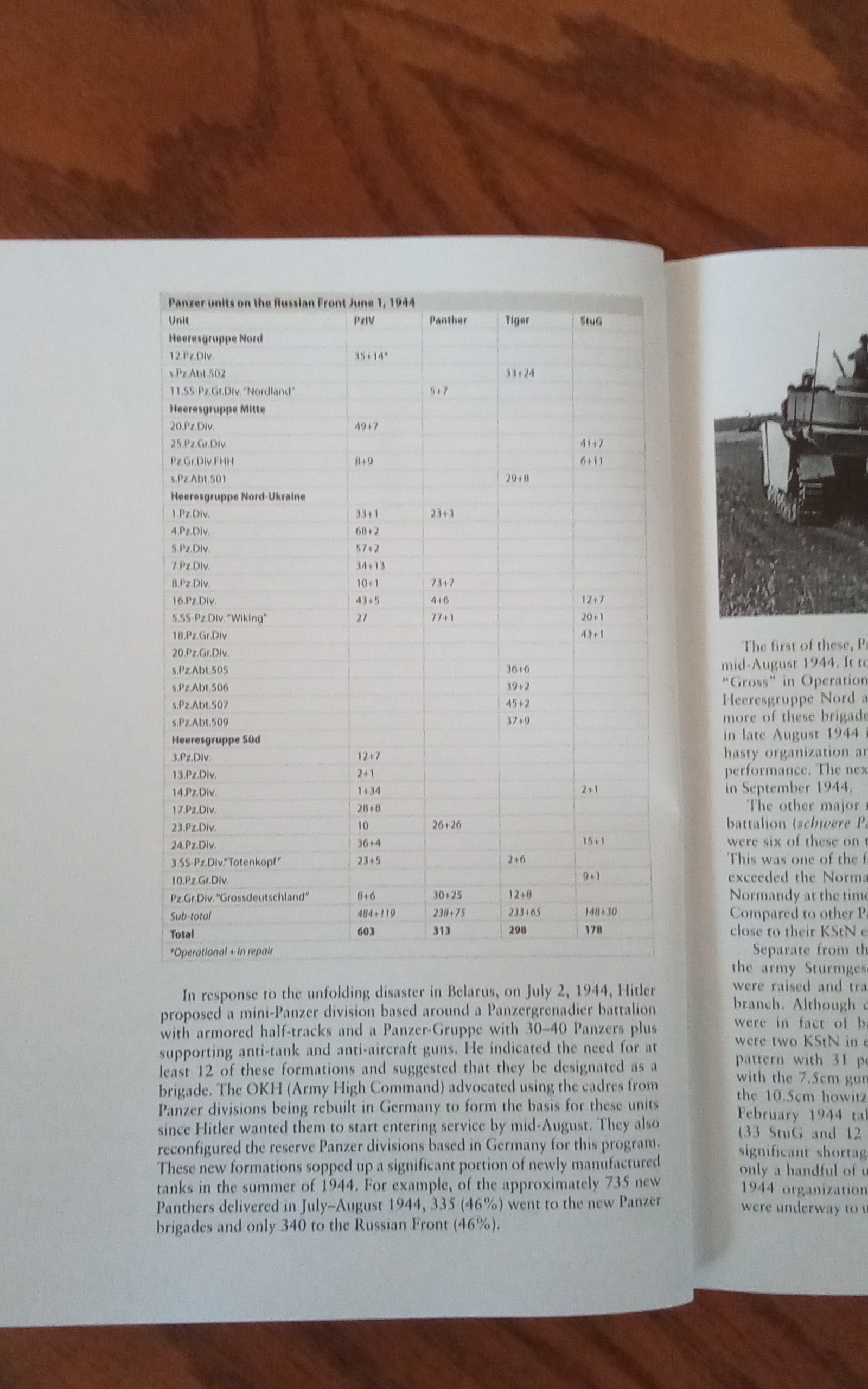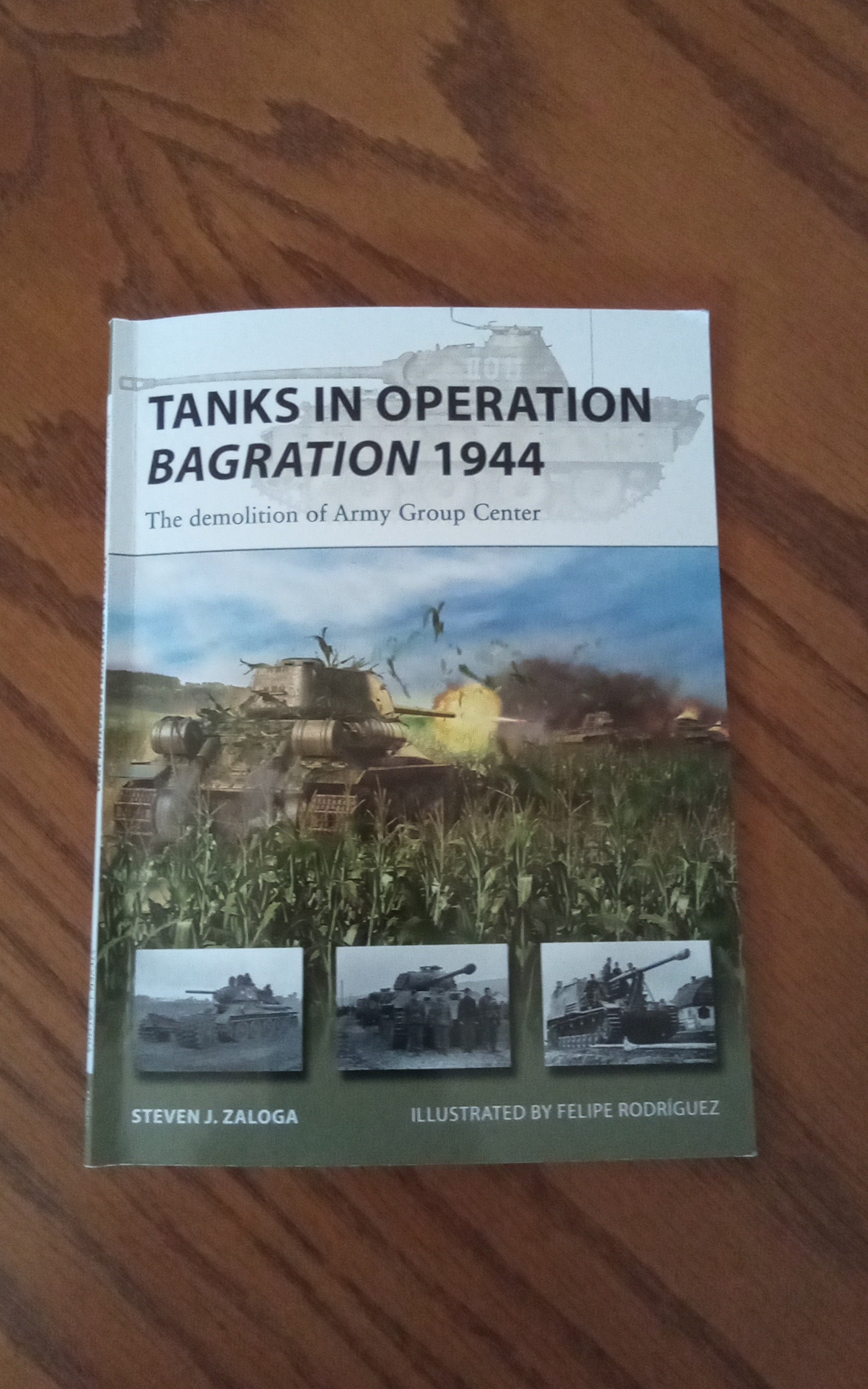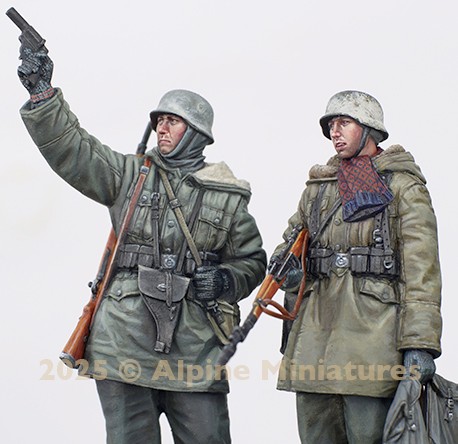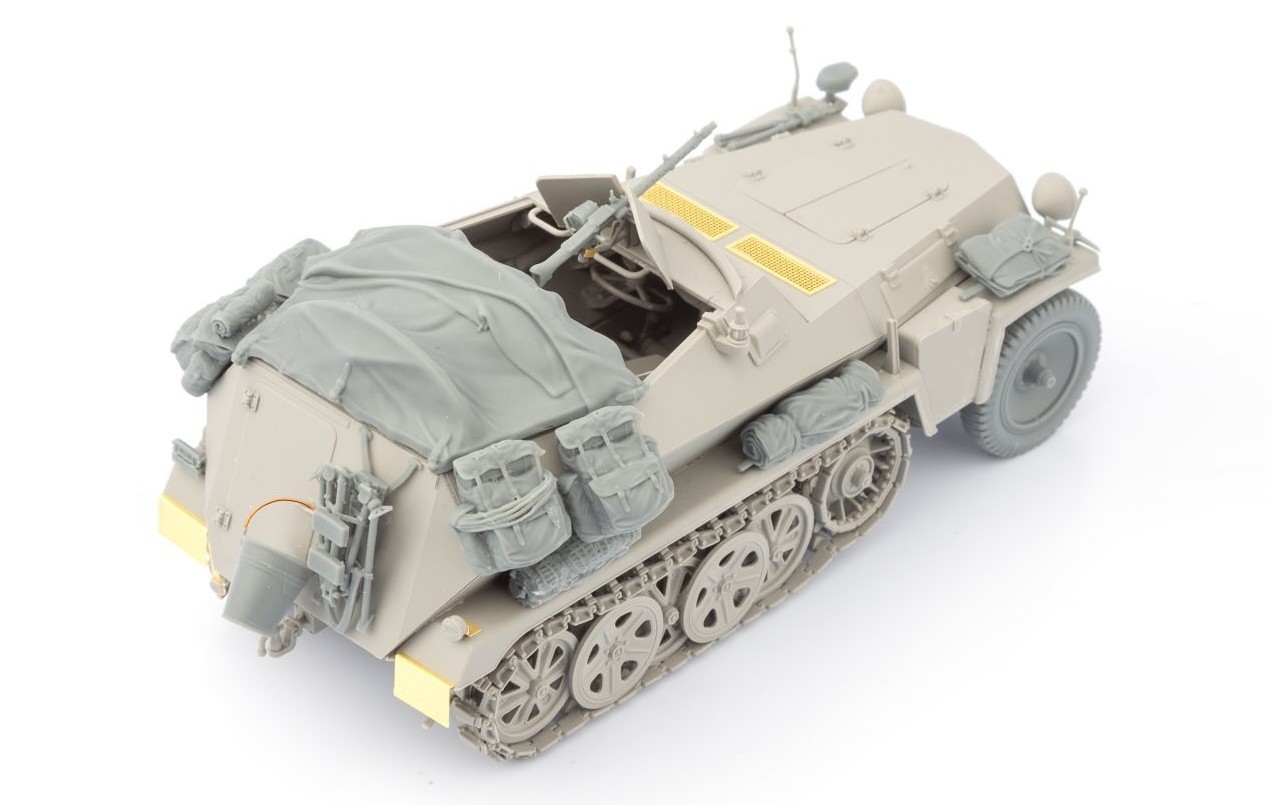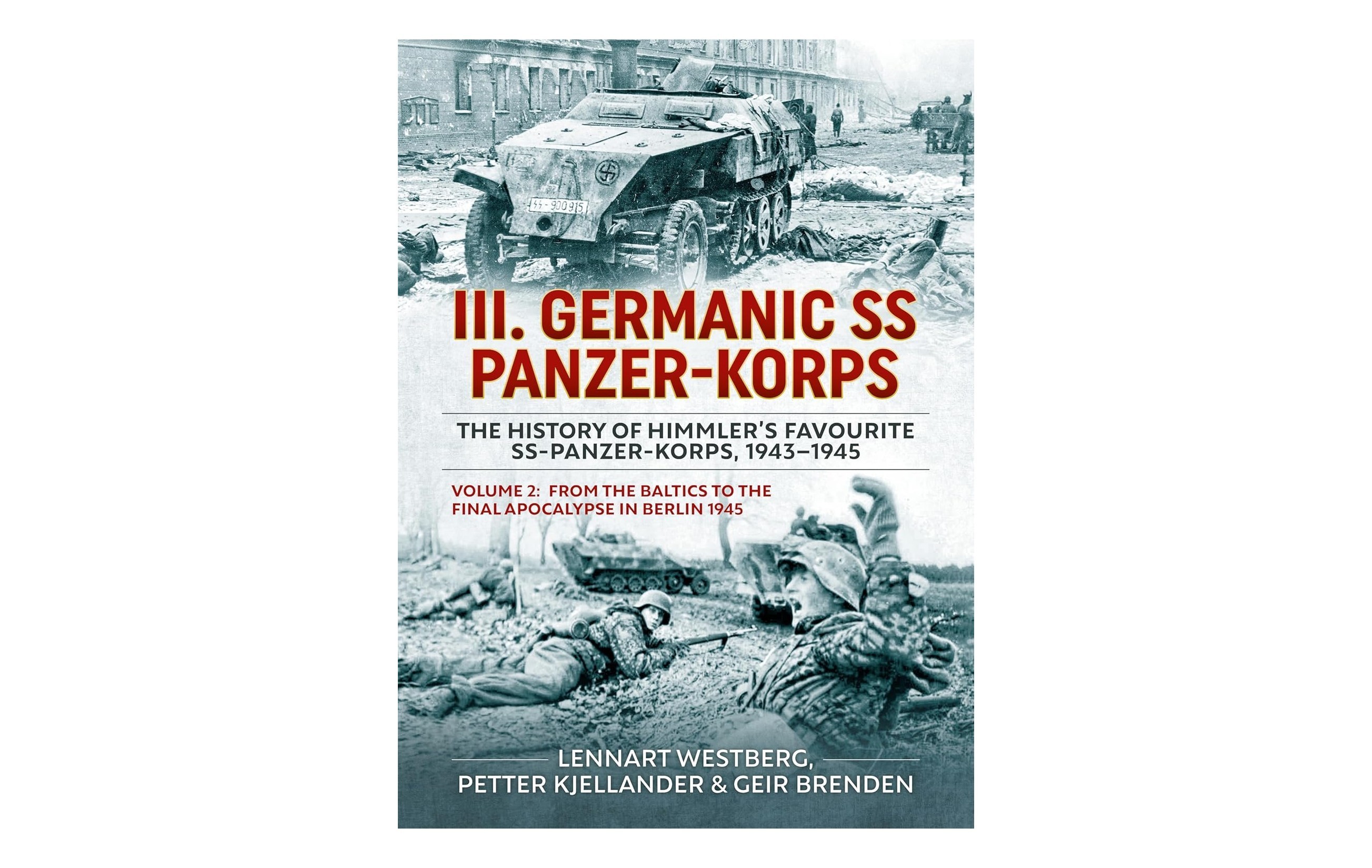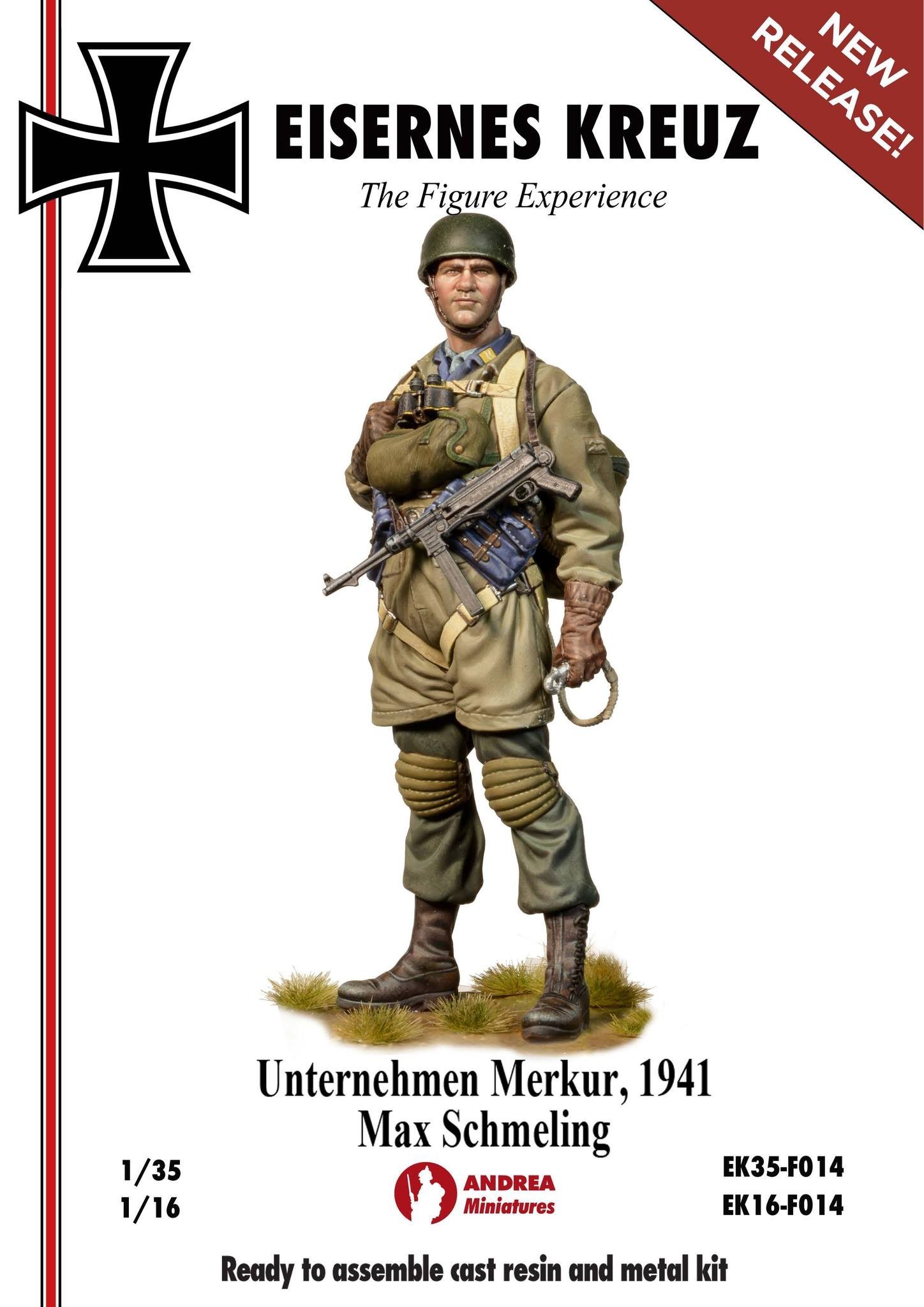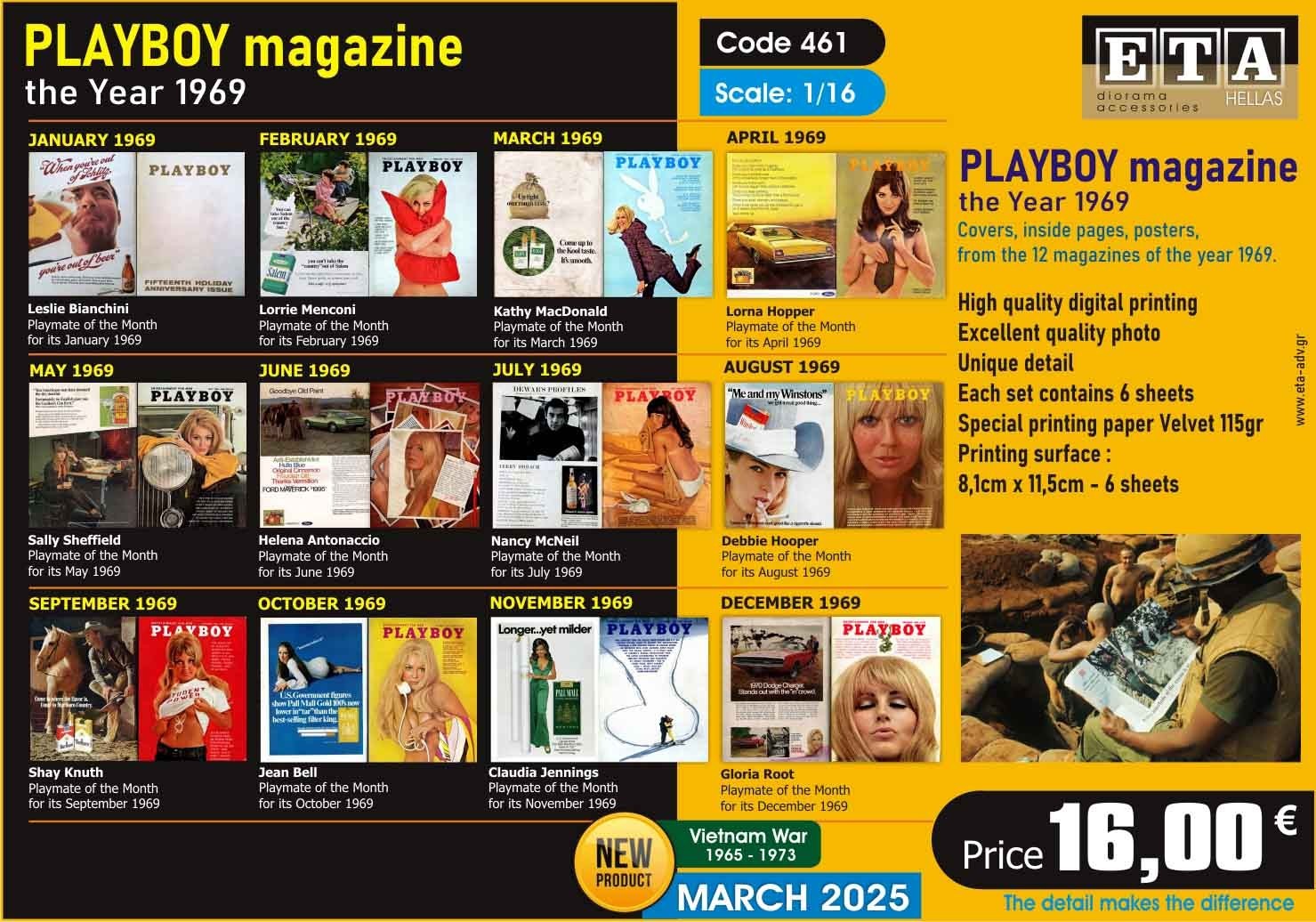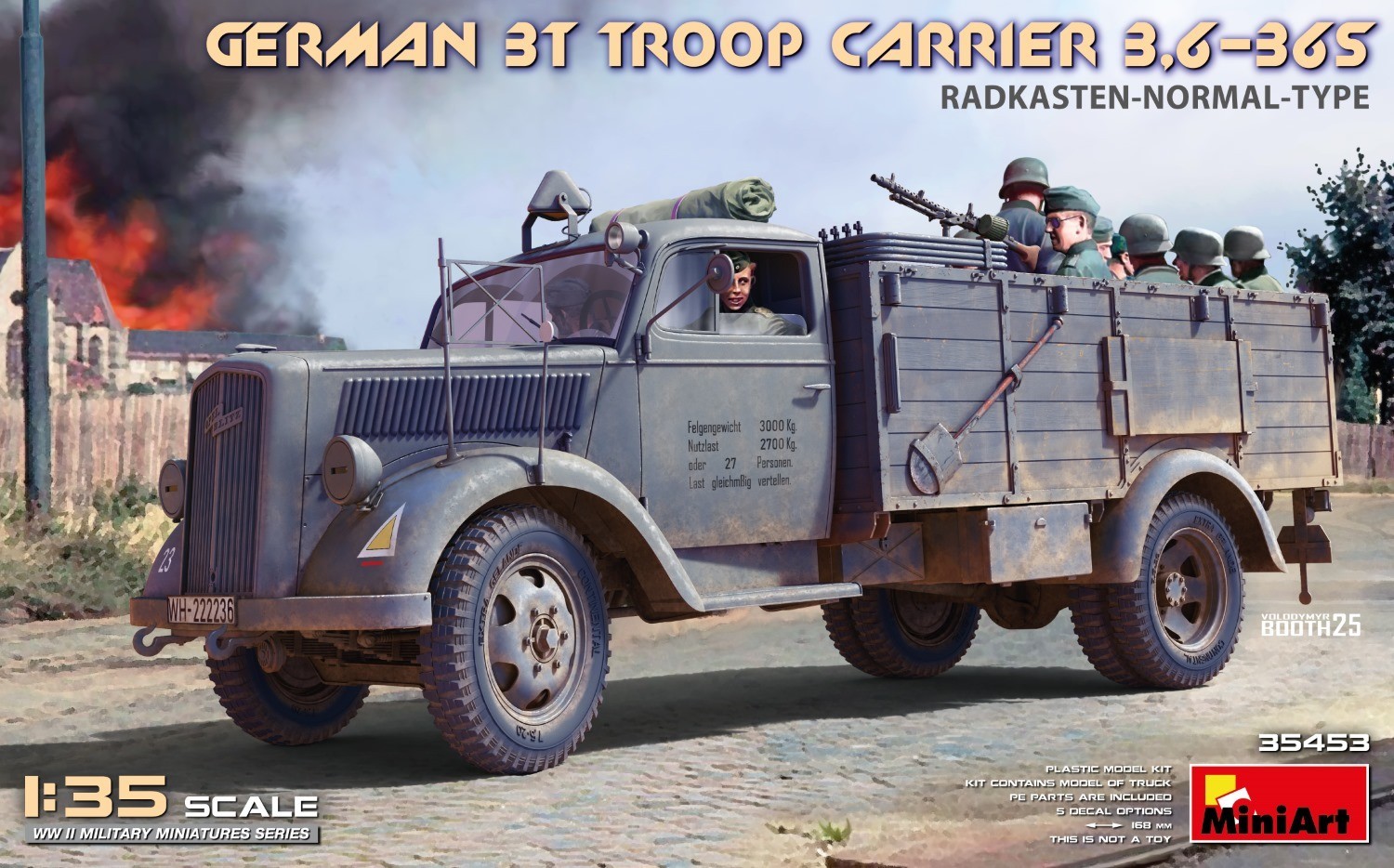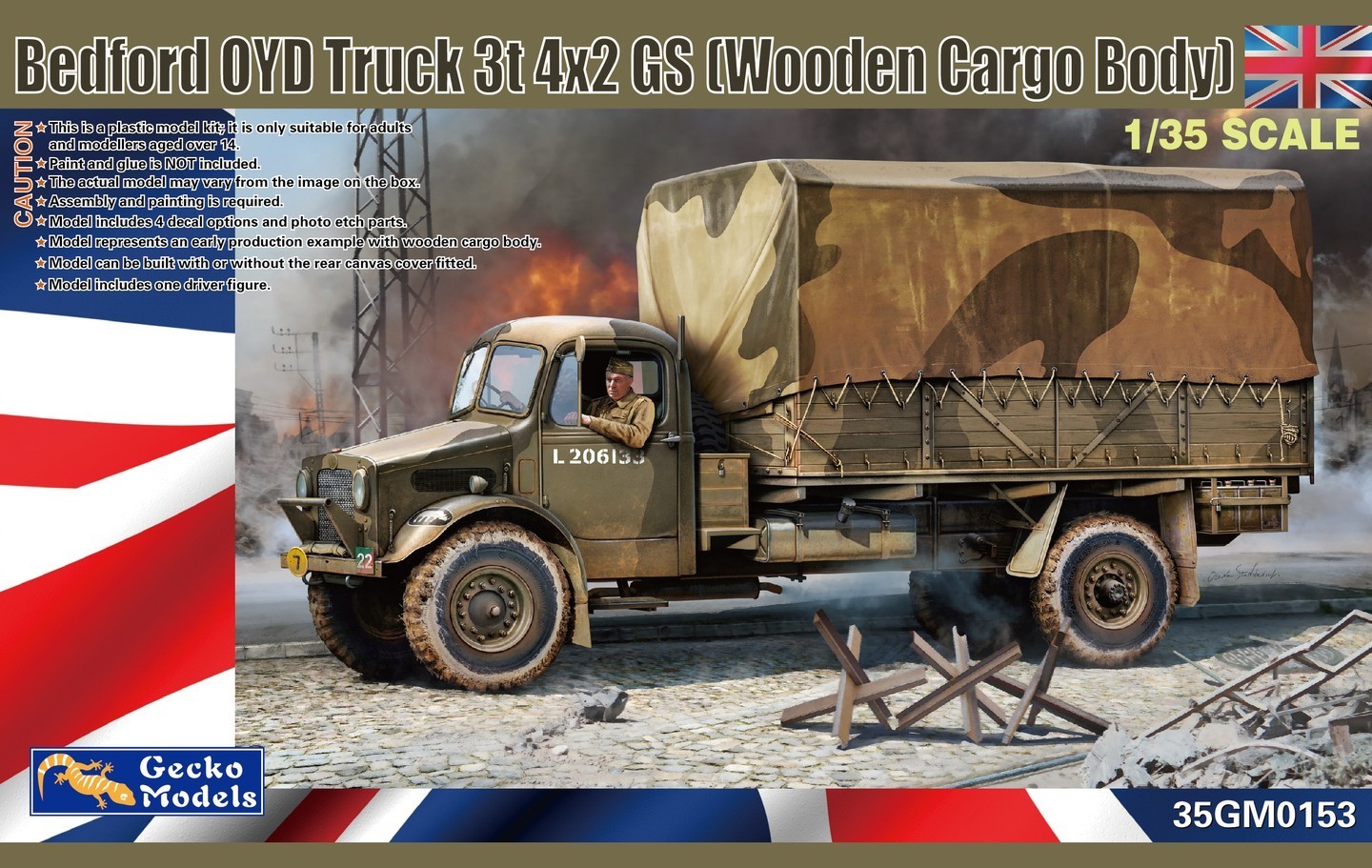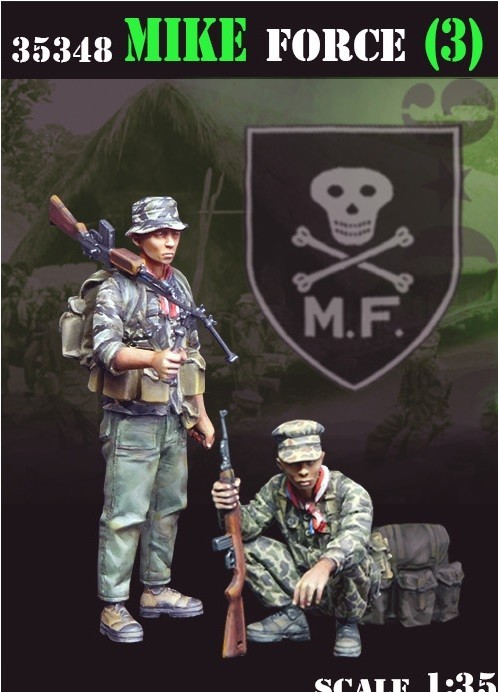Basics: 48 pages illustrated throughout with 40 photos and 8 pages of colour illustrations, but no maps.
Table of Contents:
INTRODUCTION,
DOCTRINE AND ORGANIZATION
- Wehrmacht
- Axis allies
- Other Axis allies
- The Red Army
- Red Army allies
TECHNICAL FACTORS
- Wehrmacht
- Red Army
THE CAMPAIGN
- Operation Bagration
- The Lvov-Sandomierz Offensive
- The Iasi-Chisinau Offensive
BATTLE ANALYSIS
FURTHER READING
INDEX
Review. As a Steven J ZALOGA fan boy, I tend to err towards favorable reviews of his books; however, I will put that aside to be impartial on this title, which I found to be a little wanting. At a scant 48 in total, there is not a lot of analysis, and this is compounded by the absence of maps in the book. Yes, there are some great colour plates of tanks (see below), and there is that two page spread of tank on tank warfare, complimented by tables and side bar inserts explaining a particular point, but I feel a map or two would have given this book just that little bit more value and context.
The book is well written and explains the battle from the strategic perspective, putting it in the context of the war itself, covers off both sides with detail where detail is required, and the narrative moves at a quick pace, as you would expect a battle would when you're reading about the destruction on an Army Group and all the soldiers that that represents.
There are no real gaps here and you should come away with a good, not comprehensive, understanding of what went wrong for the Axis, '...German operational skills were hampered by Hitler's 'do or die' rigidity', and how the Soviets learned and adapted, '... the Red Army was displaying new-found operational skills, learned at a bitter cost after three years of war,' both page 44. Essentially, the Germans were exhausted when the Soviets just getting into their stride.
Recommended albeit if it is a narrowly defined and focused book, you'll read it in an afternoon, and be looking for more information. But no maps, I am surprised.
tanks playing catch in a corn field.
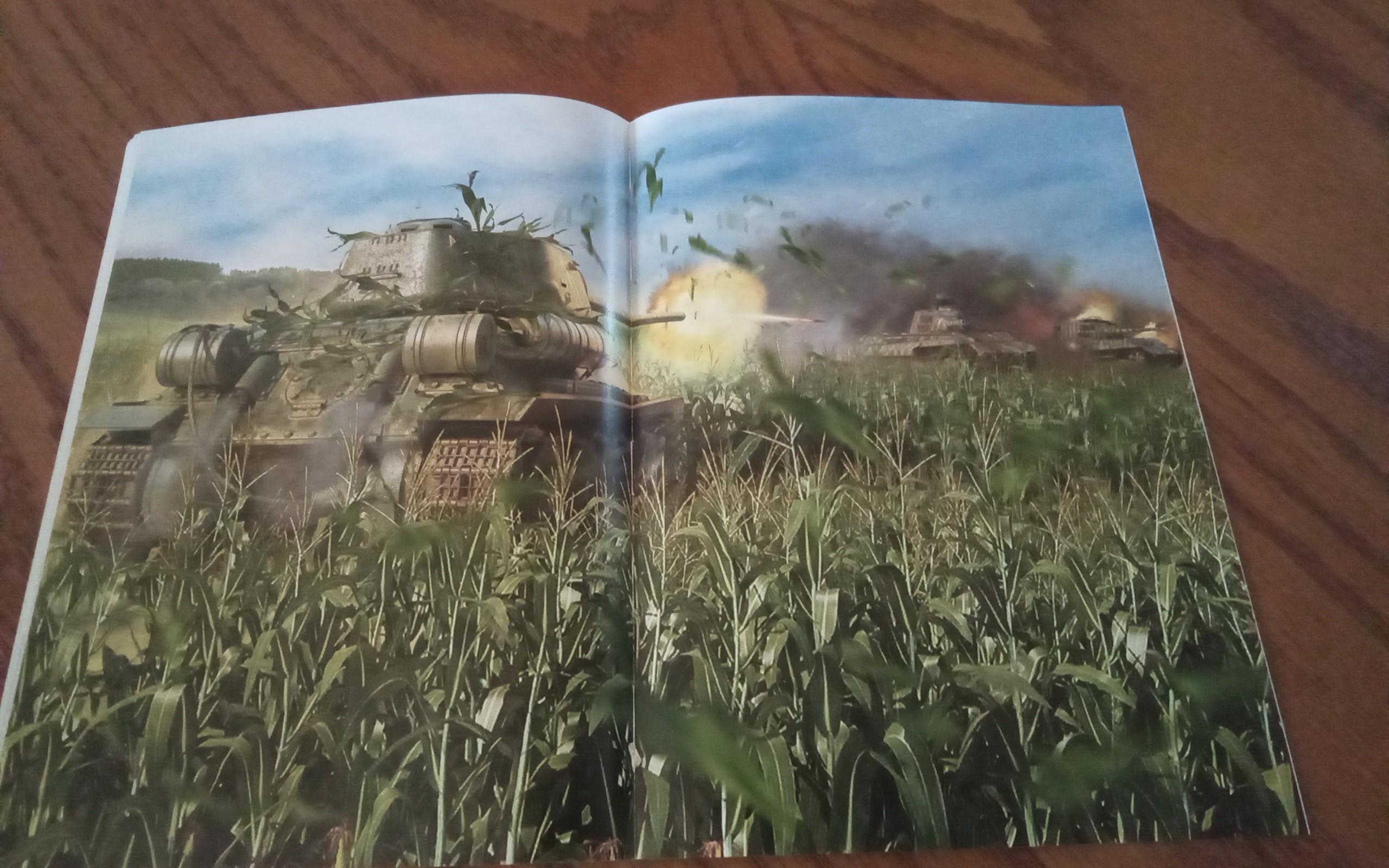
modelling inspiration... 1
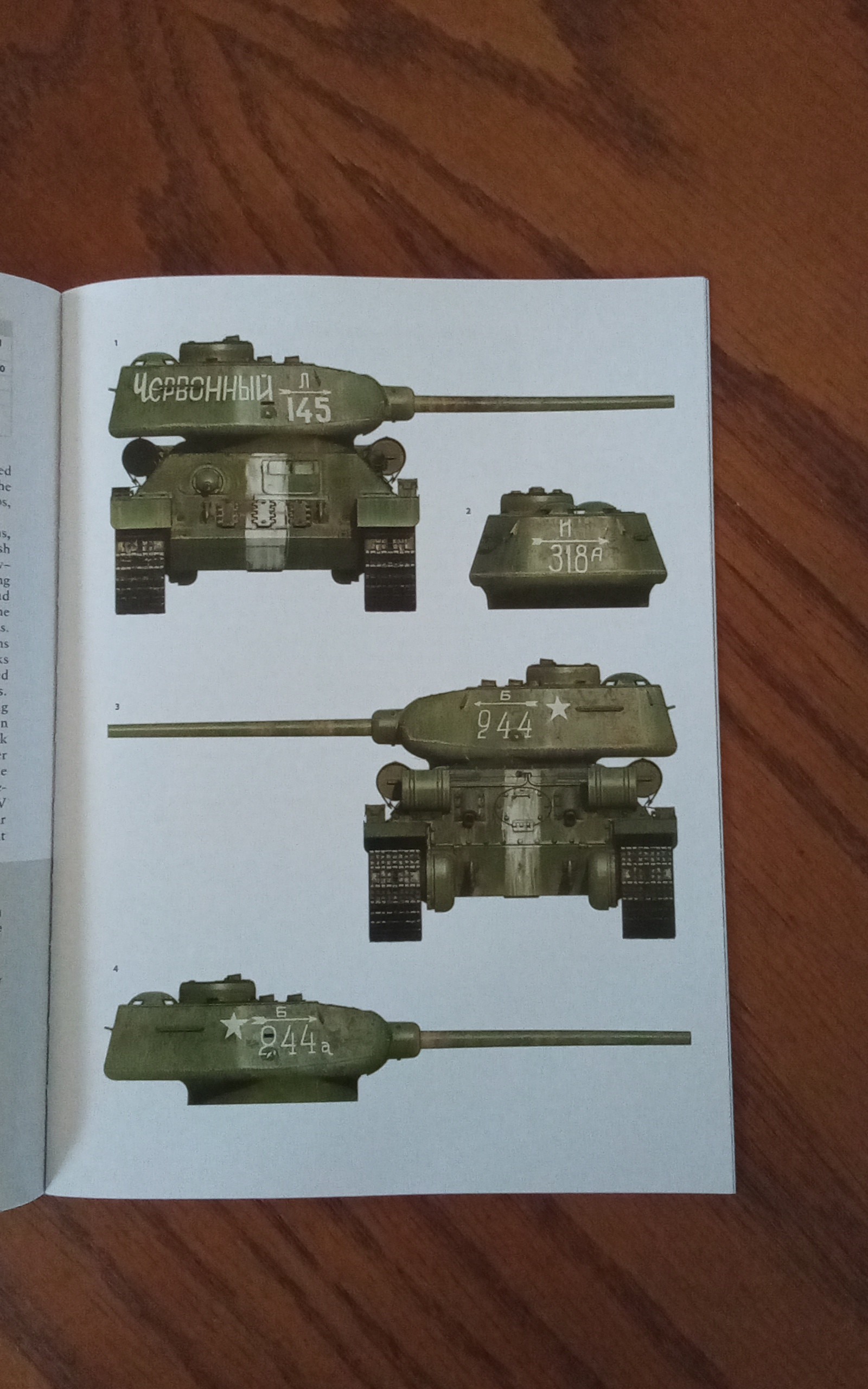
2
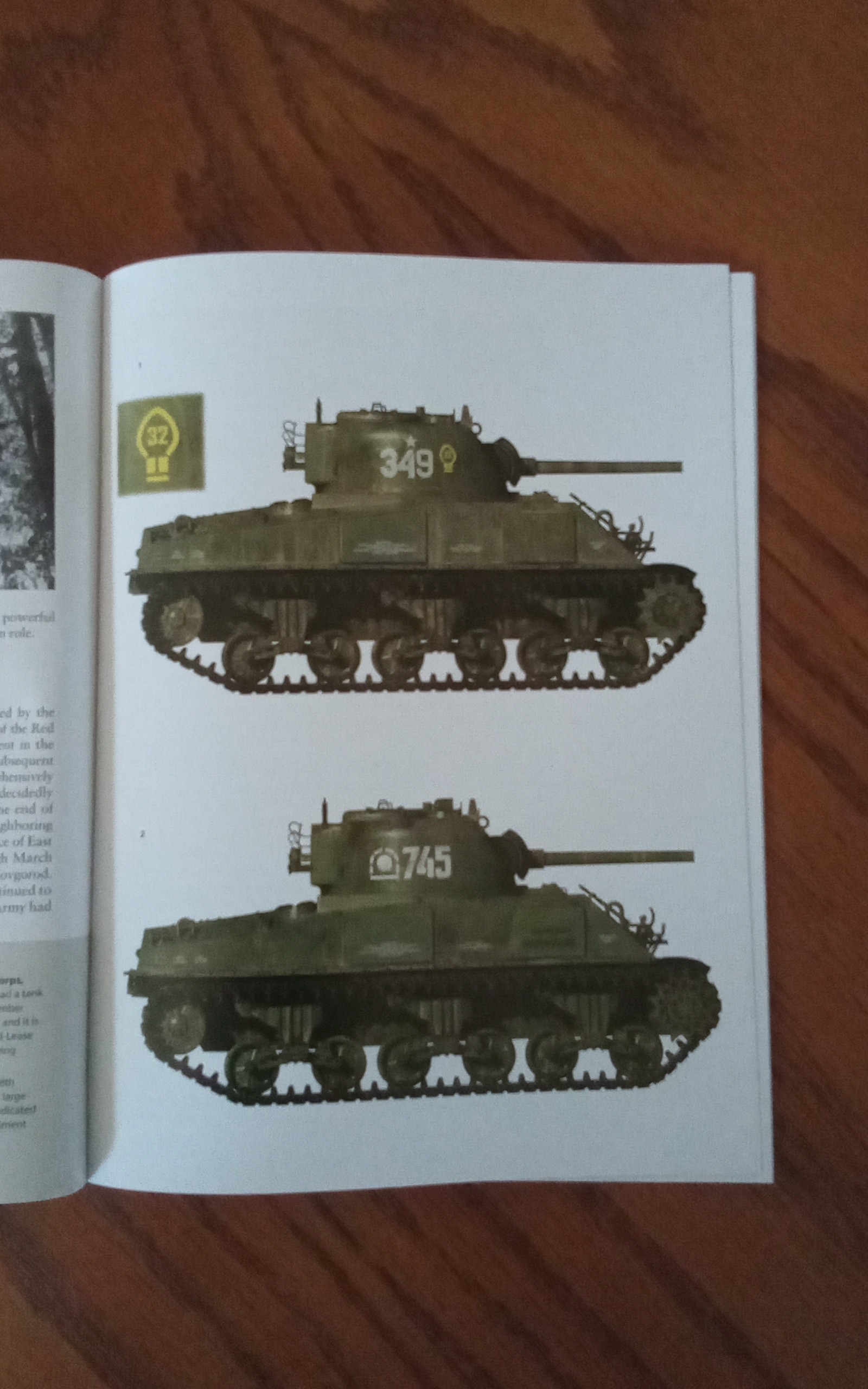
3
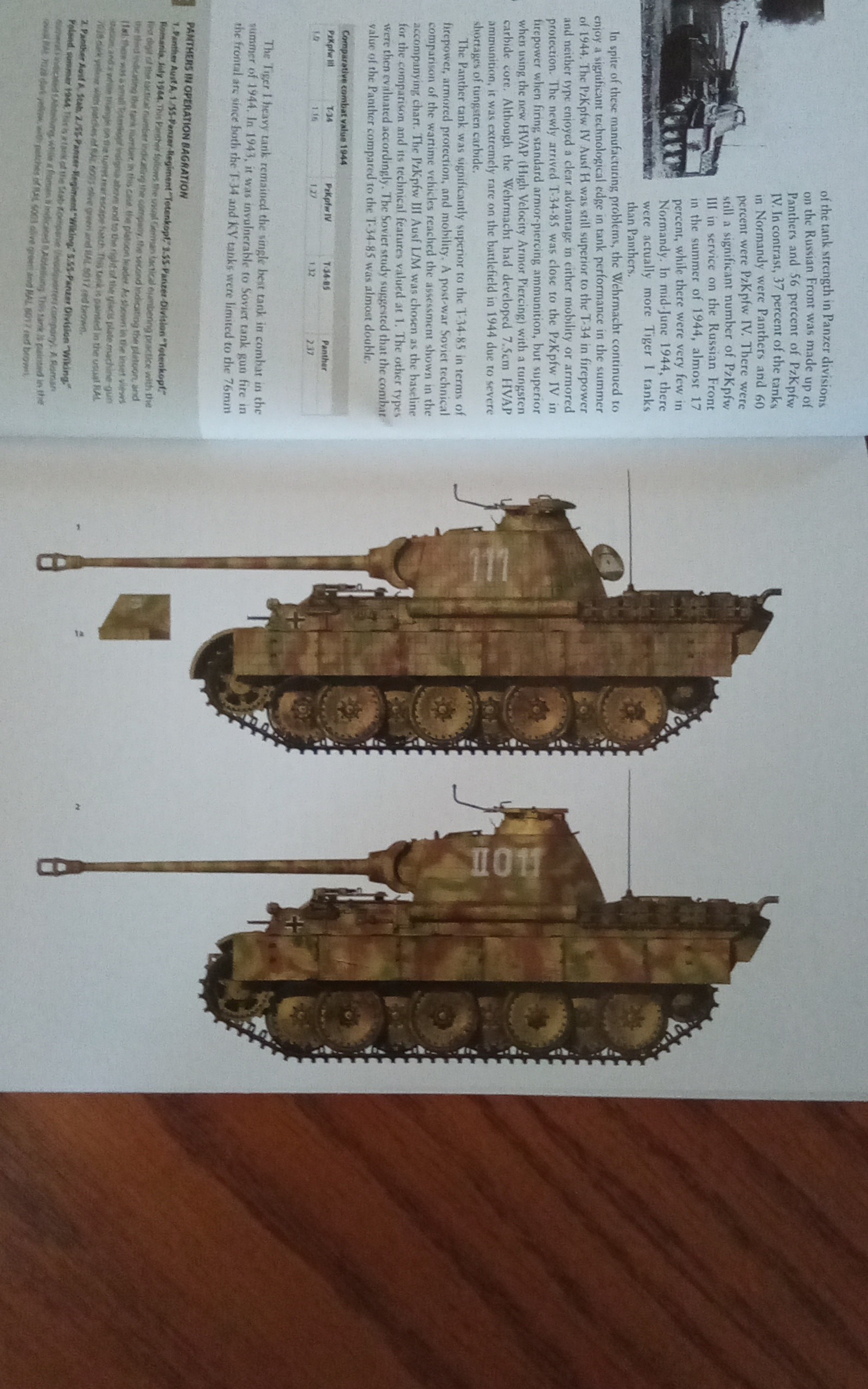
4
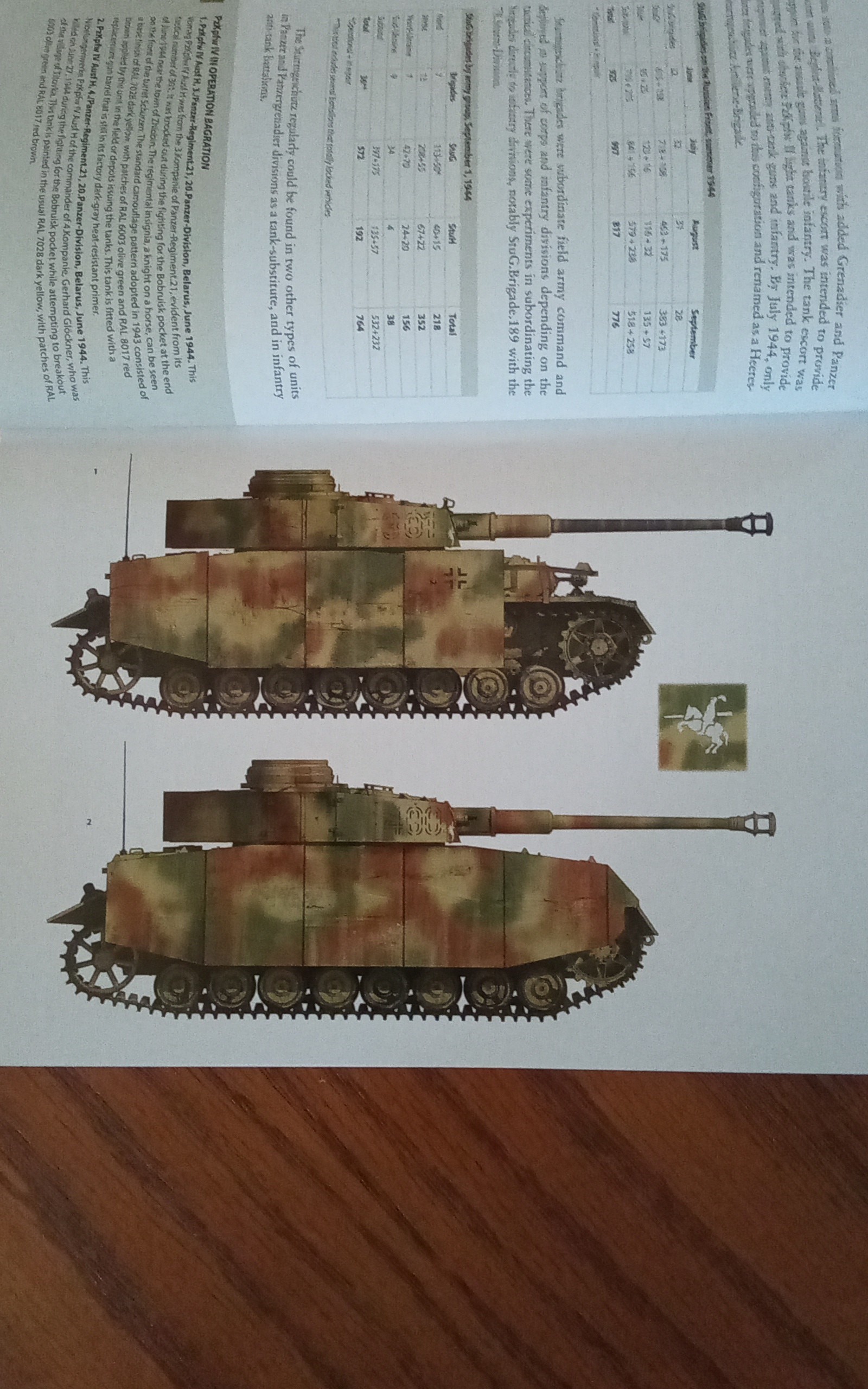
real images of real tanks
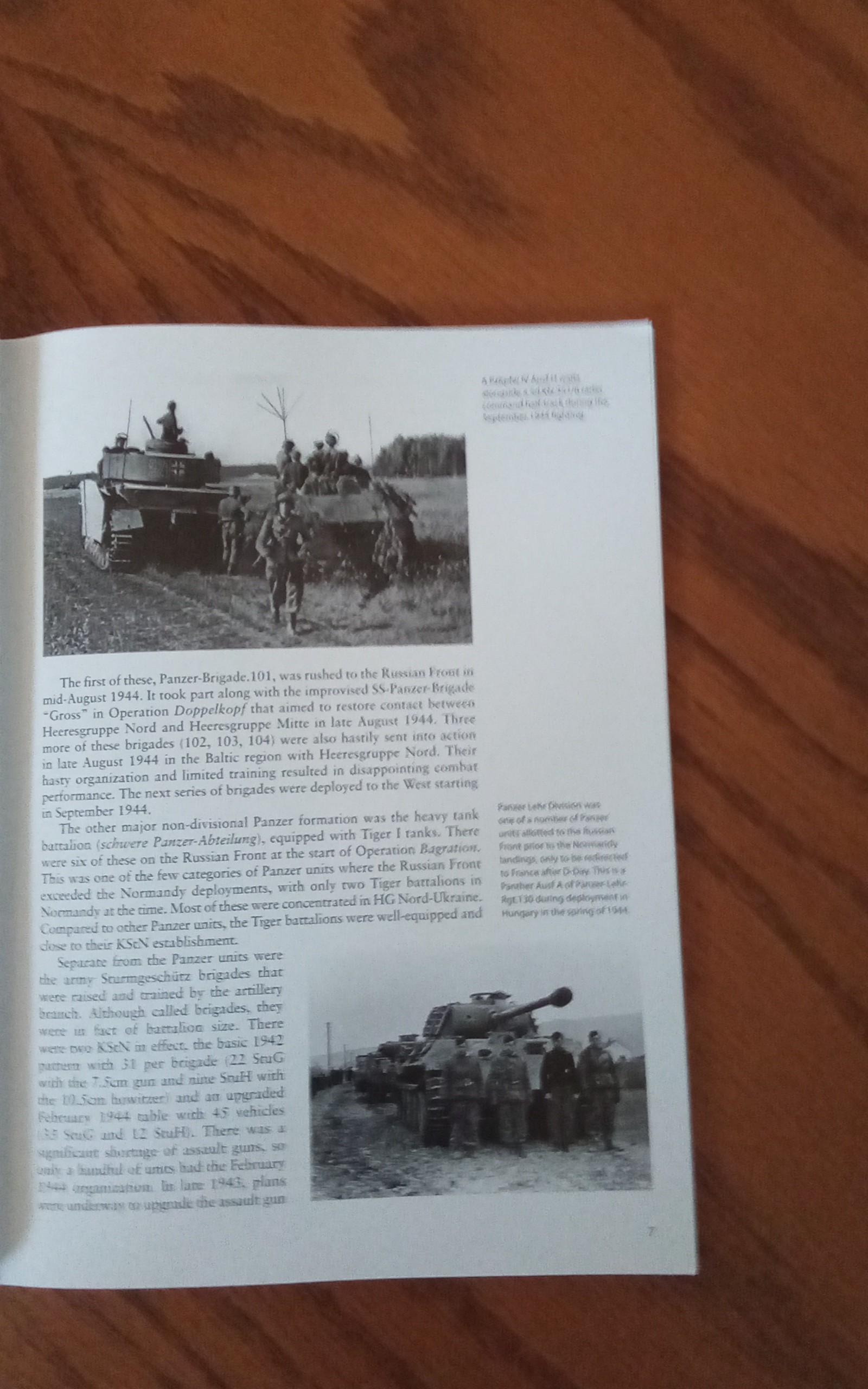
and, a table... you start to get an idea of the size of the battle from the about of resource and men committed to it.
